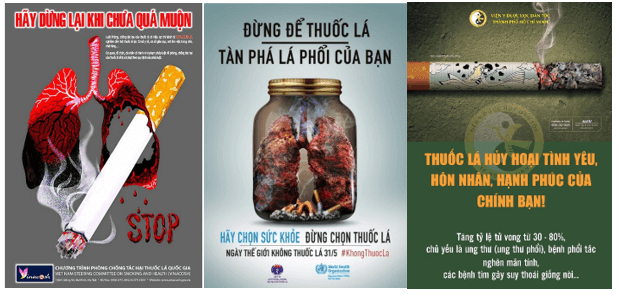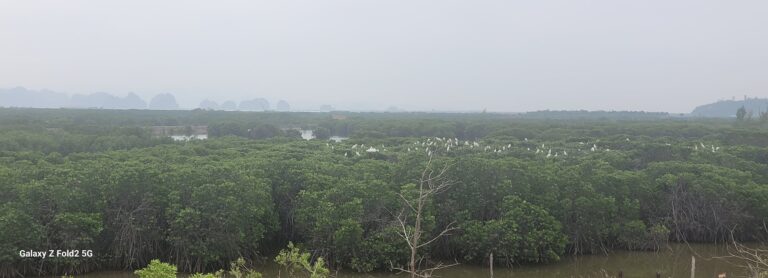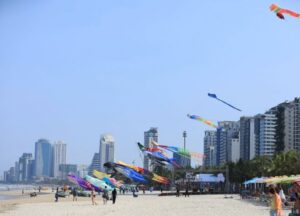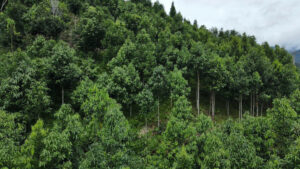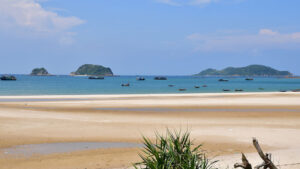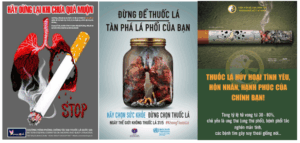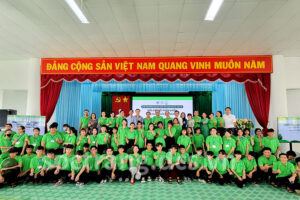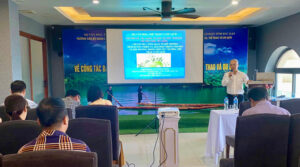The collection of used batteries in Ha Noi is currently at a standstill due to various problems.
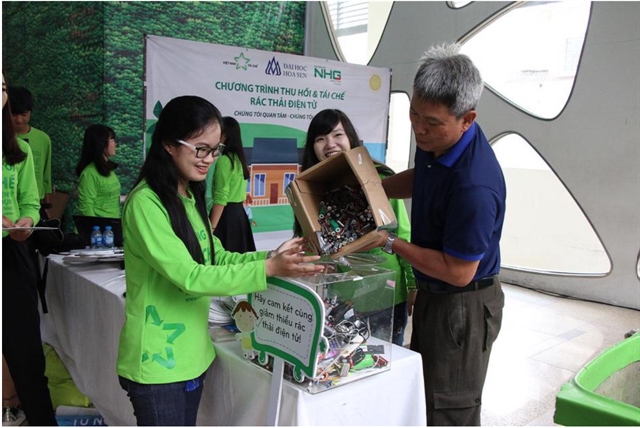
A man delivering used batteries at a collection spot of Vietnam Recycles. — Photo ktdt.vn
The Law on Environmental Protection regulates that manufacturers and importers take responsibility for collecting used batteries.
But so far, no manufacturer or importer has officially announced that they will regularly receive used batteries from the community, according to Kinh Te & Do Thi (Economy and City) newspaper.
Statistics from the United Nations Environment Programme show that each Vietnamese person generates an average of 1.3kg of e-waste per year. However, the amount of e-waste collected and properly treated is very small.
In addition, because the used battery has no value for recycling, this product is often dumped with household waste.
According to computer shop owners in Le Thanh Nghi Street of Ha Noi's Hai Ba Trung District, when they buy used laptops they usually return the batteries to customers. If the customers did not get them back, they are thrown together with other types of waste.
Many in Ha Noi are concerned about handling used batteries in their households, especially when many familiar battery collection locations have recently stopped receiving any more batteries.
Thu Giang, a resident in Xuan La Ward of Tay Ho District, told the newspaper that her family kept more than 5kg of used batteries over the past year. However, when she visited collection points they were no longer accepting new batteries.
"Someone asked me why I didn't throw it away. But I knew one battery could pollute 500 litres of water and 1 cu.m of land over 50 years, so how much pollution will more than 5kg of batteries in my house cause if released into the environment?" said Giang.
Similarly, the family of Hoang Anh Duc in Dong Da District is also struggling with boxes of used batteries that have nowhere to be received.
"Everything started at the end of October 2021, when Vietnam Recycles – the most active program in receiving, treating and recycling e-waste – announced that they had stopped receiving all kinds of used batteries and lead batteries," Duc said.
After that, other environmental protection organisations and groups such as Green Life, Turn Off the Lights, Turn on ideas, and some places such as VinMart supermarket system and Hanel Electronics Company also simultaneously refused to collect accept used batteries."
Mai Hang, a representative of Vietnam Recycles, explained that because its two members, HP and Apple companies, only produce electronic devices, not batteries, they had stopped collecting used batteries.
Meanwhile, articles 54 and 55 of the Law on Environmental Protection regulate that organisations and individuals that produce and import batteries must be responsible for recycling and treating their products according to the required rates and specifications or making financial contributions to the Viet Nam Environmental Protection Fund to support waste treatment.
Currently, there are several new places to collect used batteries in Ha Noi, such as Ha Noi Battery Joint Stock Company (Habaco) at 72 Phan Trong Tue Street in Thanh Tri District.
This is also the only unit that collects old batteries regularly. Habaco accepts up to 70 batteries per collection from an individual or a group.
However, Habaco's collection spot is far from the city's centre, which is not convenient for most people.
There are also some other battery collection locations, which are green stores, such as the Aeon mall supermarket system in Long Bien and Ha Dong districts. However, places like these are very small.
According to experts from the Institute of Strategy and Policy on Natural Resources and Environment (Ministry of Natural Resources and Environment), e-waste in Viet Nam is still mainly collected by people who buy waste and electronics repair shops.
Therefore, if manufacturers and importers have not participated enthusiastically, not taken positive actions and made an official announcement that they will regularly collect used batteries from the community, then minimising the harmful effects of e-waste will not be effective.
Relevant authorities and businesses need to promote the construction of convenient collection locations to make environmental activities more efficient.
Mai Hang said that after Vietnam Recycles stopped collecting used batteries, many people texted and called the programme to ask about collection points.
This proved that many people were interested in the proper collection and disposal of batteries, she said.
"Currently, we have plans and programs to attract more manufacturers to continue replicating the used battery collection model for longer-term effectiveness," she added.
"If manufacturers and importers participate in collecting and treating used batteries, Vietnam Recycles will be ready to accompany them."


